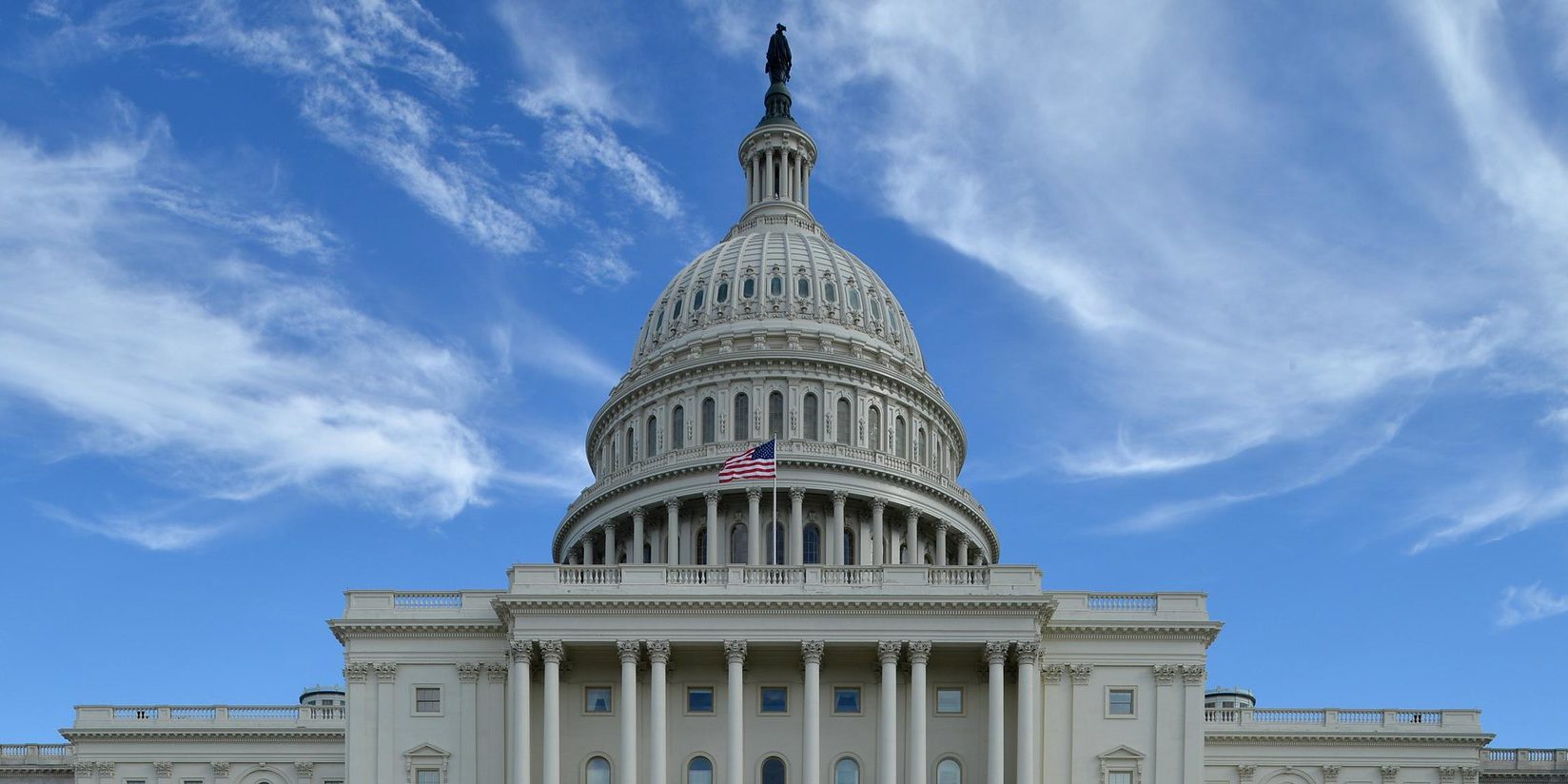Editor’s note: The following op-ed alleges multiple errors in our April 26 article, “Three GOP Congressional Candidates Back Proposal That Could Deconstruct the U.S. Constitution.” We stand behind the facts in our original article and thus will not be making any corrections — aside from our agreement that the convention would be triggered by 34 states, not 38 as we initially reported. This correction has been made. The overarching reason for our decision against other corrections — aside from our rejection of inaccuracies based on word preferences such as “resolution” versus “application” — is the fact that there is a high level of uncertainty about what would transpire if there were an Article V Convention of the States, according to multiple analyses of it from different types of sources. The facts point to risky, unchartered waters for the country, if such a convention were to occur. For example, the view that the U.S. Constitution would definitely not be dismantled at a convention may or may not be true, in part because the role — if any — of the judiciary in the process is not clear. We believe it’s more factual, based on a range of views, to say it could be dismantled than to say it would not be dismantled or would be dismantled. Hence, the headline of our story used the verb “could be.” Other objections to our article in the op-ed below make declarative statements about convention issues that are uncertain. It is a factual matter to state that those uncertainties carry substantial and unpredictable risks for the U.S. Constitution and the governing structure it outlines.
Here’s the opinion piece that outlines alleged inaccuracies in our article. It has been published verbatim.
by Rob Natelson & Karla Jones
Many Americans believe that the federal government has become dysfunctional — sometimes even abusive. Popular remedies include campaign finance reform, restraints on federal debt, and term limits for Congress and other federal officials.

But these reforms would require constitutional amendments. And Congress is not about to propose amendments to reform itself.
Fortunately, the Constitution offers another option. This is to convene a drafting task force the Constitution calls a “convention for proposing amendments.” As the name suggests, this task force can only propose. Any of its proposals would be void unless approved by 38 states.
Some polls show that the idea of an amendments convention is popular with the American people. But special interests vested in the status quo see it as a threat. So for more than 50 years, they have been running a disinformation campaign to clog the process. It’s almost like a voter suppression campaign — as when racists try to depress voter turnout among minorities by telling them to vote on the wrong day or in the wrong place.
On April 26, you published “Three GOP Congressional Candidates Back Proposal That Could Deconstruct the U.S. Constitution.” Unfortunately, your article, no doubt inadvertently, repeats much of this disinformation.
Mark Twain once wrote, “How easy it is to make people believe a lie, and how hard it is to undo that work again.” He was right: It’s hard. But let’s try.
Following are corrections to your article’s misstatements:

First: An amendments convention is not a “constitutional convention.” The Constitution doesn’t call it that. The Founders didn’t call it that. As far as we can tell, no one called it that until the 20th century, when opponents picked up the label to scare people.
Second: Your article says that a convention could be triggered by resolutions from “Thirty-eight states.” The correct number is 34. The correct name for such a resolution is an “application.”
Third: Your article says a convention “could deconstruct the U.S. Constitution.” No, it couldn’t.
All current legislative applications allow the convention to propose only modest reforms — term limits, for example. Any of the convention’s proposals would be void unless they garnered approval from 38 states. That includes both red and blue states.
Fourth: Your article says the 1787 Constitutional Convention “unexpectedly tossed out the Articles of Confederation.” This implies that the Constitutional Convention exceeded its power, so an amendments convention might do so also.
The claim that the Constitutional Convention exceeded its power is false. It is an old smear against the Founders that has been kicking around for more than two centuries. Several published studies have disproved it.
Fifth: The article implies (although it does not squarely say) that the 1787 Constitutional Convention is the only precedent for an amendments convention. This is untrue.
A federal convention consists of delegations from the states — hence the nickname “convention of the states.” There have been over 40 such conventions. The most recent met in Phoenix, Arizona in 2017. The procedures and protocols governing them have been established for a very long time.
Sixth: The article says that “the convention’s scope . . . would be created at the convention.” This is also false. As with any convention, the scope is defined by the convention call. In this case, the call comes from Congress in compliance with the state legislative applications.
Seventh: The article says that if the delegates (the more correct word is “commissioners”) exceed their authority, there would be “no judicial remedy.” That is also false.
There is no basis for the opponents’ claim that amendments cases are “non-justiciable.” The courts have been hearing amendment cases since the Supreme Court first did so in 1798. (The case was Hollingsworth v. Virginia.) There are now over four dozen reported cases of this kind. The latest were issued in 2016 and 2018. These decisions define the principles governing nearly every aspect of the amendment procedure.
Who promotes these untruths? Some of the culprits show up at state legislative hearings. Some are paid to spread disinformation. Some claim to be experts, but none has ever published anything in a reputable academic journal on the subject. And no wonder: They don’t want their claims subjected to fact-checks and editorial critique.
Instead, they basically read from a script.
Our Founders established the amendments convention procedure so the American people could fix problems that Congress refuses to address.
This is an important constitutional right. Don’t let the “disinformers” take it away from you.
If you want more factual information on the amendment process, visit the website of the Article V Information Center.
* * * *
Professor Rob Natelson is a member of the board of scholars of the American Legislative Council (ALEC) and a senior fellow at the Independence Institute. He is the nation’s most-published active scholar on the amendment process, and the author of the legal treatise, The Law of Article V (2nd ed., 2020) and the ALEC Article V Handbook.
Karla Jones is Senior Director of the ALEC Federalism, International Relations, and Homeland Security Task Forces and leads the ALEC Center to Restore the Balance of Government.




